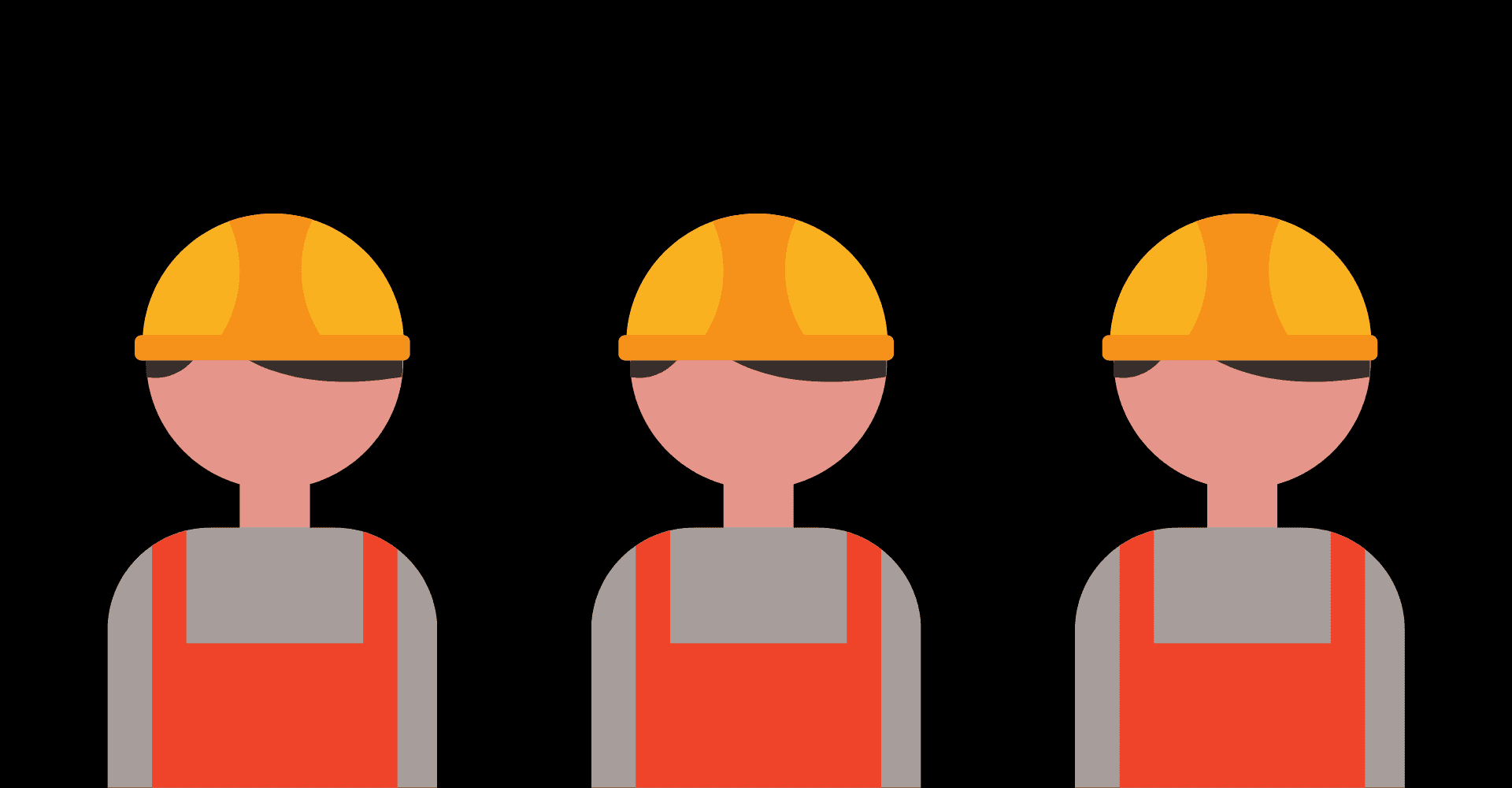The Hidden Cost of Late Diagnosis: Living with Undiagnosed ADHD and Autism

Introduction: The Cost of Late Diagnosis
Navigating life undiagnosed as a neurodivergent individual is like travelling without a map. You know something is wrong, but you can’t quite explain it — and nobody around you can either. For Myke Ireland, this reality shaped his teens and early twenties, bringing a complex mix of confusion, frustration, creativity, and resilience.
In this special episode of the Neurodivergent Mates Podcast, we explore Myke’s story — from surviving school and early adulthood without a diagnosis, to eventually discovering he had ADHD and autism (AUDHD), and how that understanding transformed his life.
Growing Up Without a Map: Life Before Diagnosis
Myke’s childhood and adolescence were marked by a constant sense that something was different. Yet without the language or diagnosis to explain it, every challenge felt personal — as if he was simply "failing" at life.
As a kid, Myke was often labelled the "class clown" — highly intelligent but disruptive. The traditional school structure, requiring students to sit still for long periods after finishing tasks quickly, felt like torture. Predictably, teachers misunderstood his behaviour as laziness or defiance rather than recognising his neurodivergence.
Social struggles also surfaced early. Myke struggled to form and maintain friendships, often feeling like he was “missing the manual” on how relationships were supposed to work.
Yet throughout it all, he developed a strong sense of empathy, humour, and self-reliance — skills that would later become critical strengths.
Escaping Through Reinvention: The Power and Pitfall of Masking
A defining feature of Myke’s early years was his tendency to "reinvent" himself every time he changed schools or social environments.
Instead of being accepted for who he was, Myke learned to mask — modifying his behaviour and personality to fit in, to be liked, and to avoid rejection. While masking provided short-term social survival, it came at a long-term cost: chronic anxiety, people-pleasing, and a shaky sense of identity.
Looking back, Myke now understands this was his undiagnosed ADHD and autism at work — constantly seeking external validation and struggling with executive function challenges without even realising it.
The Transition to Adulthood: Freedom Without Foundations
Adulthood brought newfound freedom — but without the structure of school, things quickly spiraled.
Entering the social world of nightclubs, university bars, and parties, Myke faced intense sensory overload. The crowds, lights, and noise were overwhelming — until alcohol and later recreational drugs offered a dangerous "solution" to numb the discomfort.
Like many undiagnosed neurodivergent adults, Myke used substances not to party, but to self-medicate — finding temporary relief from social anxiety, executive dysfunction, and emotional overwhelm.
As his twenties progressed, the lack of understanding about his brain's wiring led to increased struggles with:
- Emotional regulation
- Career direction
- Relationship stability
- Mental health challenges
All of it fed by an invisible current: undiagnosed neurodivergence.
Finding the Missing Puzzle Pieces: Diagnosis in Adulthood
Myke’s diagnosis journey was catalysed by a conversation with a friend who casually mentioned they were neurodivergent.
Curious — and initially sceptical — Myke began researching neurodivergence and immediately felt seen. Terms like Rejection Sensitivity Dysphoria (RSD) jumped off the screen, describing emotional reactions he had struggled with for years.
Eventually, Myke pursued formal diagnosis through a GP and specialists, uncovering both ADHD and autism. While both diagnoses were validating, it was the autism diagnosis that truly resonated — explaining lifelong patterns of sensory sensitivity, social difficulty, and a need for structure.
Receiving the diagnoses was a revelation. For the first time, Myke understood that he wasn’t broken — he was neurodivergent.
The Rollercoaster of Self-Acceptance
Diagnosis doesn’t automatically bring self-acceptance.
Initially, Myke fell into the common trap of thinking, "Now that I know, I can fix myself and be normal." Over time, he realised that real healing meant accepting himself as he is, not trying to "cure" his neurodivergence.
This journey involved:
- Unlearning decades of negative self-talk: Recognising the harsh inner critic that constantly called him lazy, broken, or not good enough.
- Redefining success: Moving away from traditional markers of success and focusing on personal growth and authenticity.
- Building a support system: Working with a psychologist, ADHD coach, and finding community among other neurodivergent individuals.
The Workplace: The Importance of Neurodivergent-Inclusive Cultures
Throughout his career in technology and audiovisual industries, Myke faced typical neurodivergent workplace challenges:
- Expectations to conform to rigid norms (like wearing suits instead of prioritising comfort)
- Misunderstandings about communication and work style
- Emotional burnout from masking
However, A major turning point came when he joined a company with a strong culture of inclusivity. For the first time, Myke felt supported when disclosing his challenges — and rather than penalising him, the company embraced his authenticity.
This supportive environment allowed Myke to not only thrive professionally but also personally, catalysing his advocacy for greater neurodivergent representation in the workplace.
Self-Medication and Substance Use: The Dark Side of Coping
For many undiagnosed neurodivergent individuals, substances like alcohol and drugs become coping mechanisms.
In Myke’s case, Stimulants like ecstasy initially seemed to "normalise" his mind — helping him think clearly and connect socially in ways he struggled to do sober.
Yet, over time, substance use brought its own problems: dependence, health consequences, and emotional crashes.
One of Myke’s major post-diagnosis realisations is how often neurodivergent adults are mislabelled as addicts or troublemakers when they are, in fact, desperately self-medicating neurological differences.
How Music Became a Lifeline
Throughout his struggles, music served as a powerful coping tool.
From early obsessions with video games and Star Wars figurines, to a deep love for alternative and metal music, Myke found stability and emotional expression through passions.
In adulthood, music continued to offer solace — not just as a DJ and audio professional, but as a personal escape, a focus point, and a sensory regulation tool.
Music’s structured rhythms, emotional intensity, and predictable patterns aligned perfectly with his neurodivergent brain’s needs.
Positive Traits: The Superpowers Hidden in Plain Sight
Despite the challenges, being neurodivergent also brought many strengths to Myke’s life:
- Hyperfocus: An ability to immerse himself deeply in areas of passion, like technology and music production.
- Creativity: Thinking differently, connecting dots others missed.
- Empathy: A deep emotional intuition that fuels leadership and advocacy work.
- Resilience: Years of navigating misunderstandings built a thick skin and a determination to make the world better for others.
Advocating for Others: Turning Pain Into Purpose
Today, Myke channels his experiences into advocacy.
Through his podcast Real Insight, LinkedIn presence, and daily conversations, he helps others feel seen and understood — especially those still struggling without a diagnosis.
He believes that true inclusion starts with open conversations, honest vulnerability, and leadership by example. His goal? To make workplaces, education systems, and social environments genuinely welcoming for neurodivergent individuals.
As he says:
“Everyone has a story worth sharing. And when we embrace our vulnerabilities, we unlock the power to create real change.”
Conclusion: Healing by Being Your Authentic Self
Myke’s story is a powerful reminder that self-acceptance is a journey, not a destination.
Living undiagnosed caused immense pain and confusion. But understanding his neurodivergence allowed him to reframe his struggles — not as personal failures, but as natural consequences of a world not designed for brains like his.
Today, he stands as proof that embracing who you are — fully and unapologetically — can turn struggle into strength, and pain into purpose.
Listen to our Podcast
Explore Neurodivergent Mates




Subscribe to our Newsletter!
Be the first to get exclusive offers and latest news